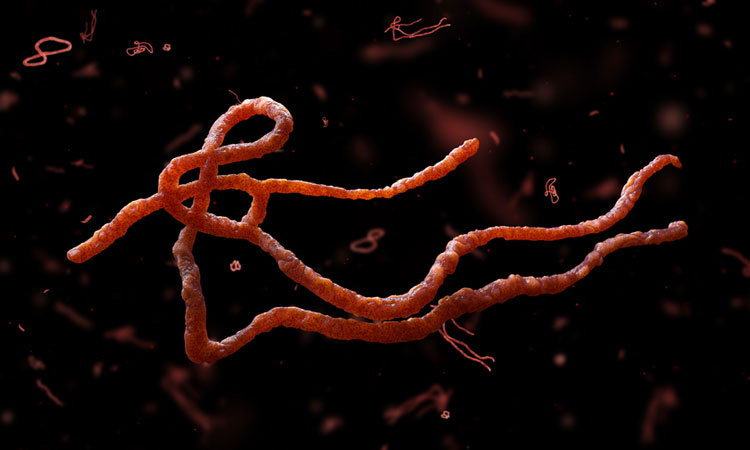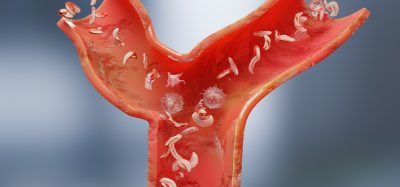Parasitic worm study predicts potential drug targets and drugs
Posted: 6 November 2018 | Iqra Farooq (Drug Target Review) | No comments yet
The largest ever parasitic worm study has revealed nearly 1 million new genes, and has identified potential drug targets and drugs…


Researchers from the Wellcome Sanger Institute, Washington University in St. Louis, the University of Edinburgh, and other collaborators have conducted the largest genomic study on parasitic worms. They identified numerous drug targets, potential drugs, and hundreds of thousands of new genes.
The recent study aims to aid scientists understand how the parasites invade humans, evade the immune system and cause some of the most neglected tropical diseases. Some of these include river blindness, schistosomiasis and hookworm disease, and are able to last years. These infections could also lead to severe pain, huge physical disabilities, including deformity, and the social stigma that comes with the deformity.
In the study, 81 species of roundworms and flatworms had their genomes analysed, which revealed nearly 1 million new genes that have not been seen previously before. These large gene families enables the parasitic worms to colonise the hosts gut, migrate through host tissue and digest food.
Reduce preclinical failures with smarter off-target profiling
24 September 2025 | 15:00PM BST | FREE Webinar
Join this webinar to hear from Dr Emilie Desfosses as she shares insights into how in vitro and in silico methods can support more informed, human-relevant safety decisions -especially as ethical and regulatory changes continue to reshape preclinical research.
What you’ll learn:
- Approaches for prioritizing follow-up studies and refining risk mitigation strategies
- How to interpret hit profiles from binding and functional assays
- Strategies for identifying organ systems at risk based on target activity modulation
- How to use visualization tools to assess safety margins and compare compound profiles
Register Now – It’s Free!
Dr Matt Berriman, senior author from the Wellcome Sanger Institute, said: “Little is known about the biology of many parasitic worm species, so we used a broad comparison of their genomes to discover the most striking genetic differences between them. We have uncovered many new genes and gene families to help understand how the worms live and migrate inside us and other animals. This dataset will catapult worm research into a new era of discovery.”
Dr Avril Coghlan, lead analyst from the Wellcome Sanger Institute, said: “The spectrum of drugs available to treat worm infections is still very limited. We focussed our search by looking at existing drugs for human illnesses. This may provide a fast-track route to pinpointing existing drugs that could be repurposed for deworming.”
The team mentioned that further research on the parasitic worms could lead to numerous new treatment possibilities, improving the lives of millions around the world.
Professor Mark Blaxter, an authorof the study at the University of Edinburgh, said: “All the parasites evolved from free living ancestors, and comparing their genomes has shown the changes that happen when a species becomes a parasite. Parasites affect most of the natural world, and these genomes hold a record of how these fascinating animals – and their astounding biology – came to be.”
The study was reported in Nature Genetics.
Related topics
Disease Research, Drug Discovery, Drug Targets, Genomics, Research & Development, Screening, Therapeutics
Related conditions
parasitic worms
Related organisations
Edinburgh University, Washington University in St. Louis, Wellcome Sanger Institute
Related people
Dr Avril Coghlan, Dr Matt Berriman, Professor Mark Blaxter








